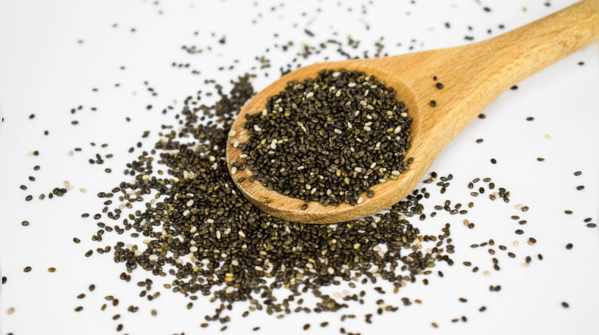
1/8
Why should we consume chia seeds daily for 2 weeks
Dr Saurabh Sethi, a gastroenterologist and AIIMS-trained health expert now practicing in the US, has seen global health trends evolve closely, both in the West and in India. One superfood that has quietly made its way from ancient rituals to today’s modern diet is chia seeds. Many believe that consuming these tiny seeds for just two weeks can lead to dramatic health improvements.
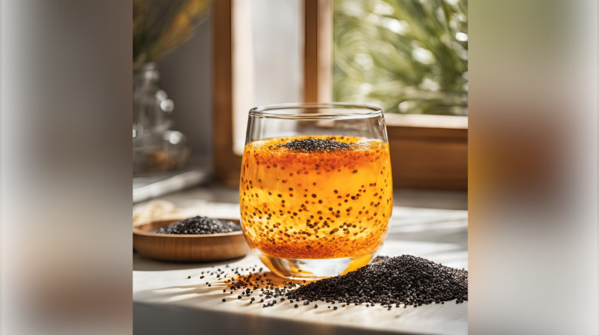
2/8
But how much of that is actually true?
Dr Sethi offers an explanation of what really changes in the body when chia seeds are consumed daily for two weeks. Here are the facts and understand what’s genuinely transformative.
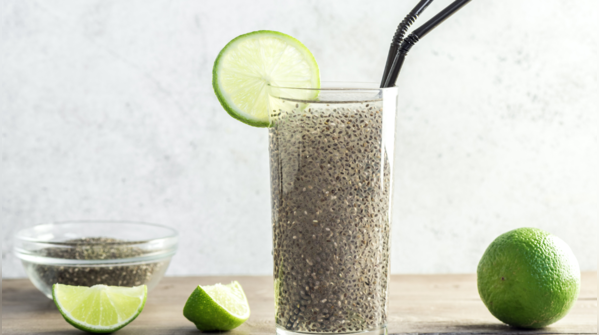
3/8
Better hydration
Many claim chia seeds help with hydration because they swell up in water.
That’s scientifically accurate. When soaked, chia seeds absorb nearly 10 times their weight in water. This forms a gel-like coating made of soluble fibre.
Cells begin to hold onto hydration longer. This is particularly helpful in hot climates or during workouts. Dr Sethi mentions it acts like a slow-release hydration system, especially helpful for gut lining and colon health. It’s hydration at a deeper level, not just the surface thirst relief.
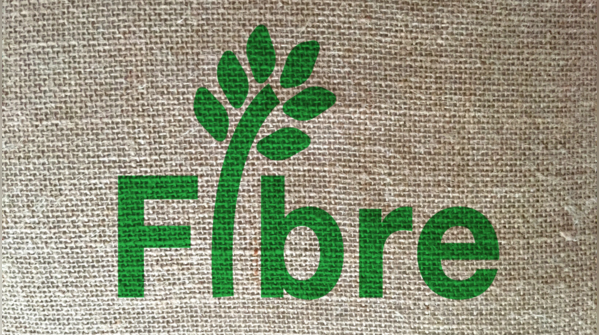
4/8
Fibre-powered gut reset
Chia seeds are packed with fibre, helpful for digestion.
With nearly 10 grams of fibre per two tablespoons, chia seeds are indeed a potent natural laxative. But it’s the balance of soluble and insoluble fibre that makes them special.
The digestive tract becomes more rhythmic and less bloated. Within 5–7 days, many experience smoother bowel movements and reduced flatulence. But interestingly, Dr Sethi adds that fibre also feeds beneficial gut bacteria, leading to better immune function over time. It’s not just about digestion; it’s about the entire microbiome.

5/8
Real omega-3 gains
Chia seeds are loaded with omega-3 fatty acids.
They are rich in ALA (alpha-linolenic acid), a plant-based omega-3. However, ALA isn’t as bioavailable as EPA or DHA (found in fish oil). Only a small percentage converts to active forms.
Still, ALA has its perks. After 2 weeks, systemic inflammation may reduce subtly, especially for those on vegetarian or plant-based diets. The skin might feel less dry, and mood swings may soften, but only with consistent intake.

6/8
Gut-loving antioxidant shield
Chia seeds are antioxidant-rich and fight free radicals.
True again, but more interestingly, they contain chlorogenic acid and caffeic acid, compounds often found in coffee.
These antioxidants may help protect cells in the gut lining and slow oxidative stress, especially when combined with a whole-food diet. It’s like giving the digestive system a shield, not from viruses, but from the damage that sugar and stress silently cause.
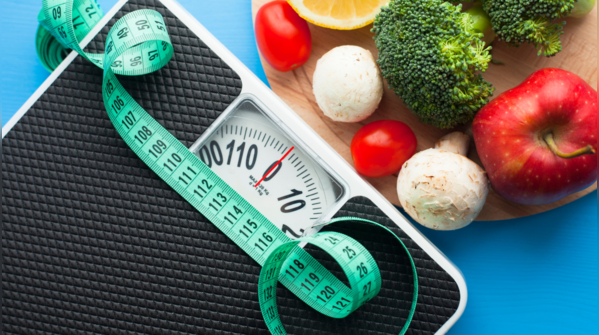
7/8
Weight control without “dieting”
Chia seeds help in losing weight.
Alone, chia won’t melt fat. But the fibre swells and delays gastric emptying. That means one stays full for longer.
By week two, many people notice reduced portion sizes without conscious effort. Less snacking, slower eating, and improved satiety become part of the routine, not because of control, but because of body cues becoming sharper.

8/8
Skin begins to reflect inner calm
Chia seeds make the skin glow.
Antioxidants + omega-3s + hydration = visible difference. But only when paired with good sleep and low sugar intake.
Skin feels more elastic, especially around the mouth and under eyes. Tiny breakouts may reduce too. Dr Sethi calls this the “gut-skin axis” at work. A happy gut doesn’t scream through the skin.(This article is for informational purposes only and is not intended as a substitute for professional medical advice, diagnosis, or treatment)
Follow Us On Social Media

 19 hours ago
43
19 hours ago
43




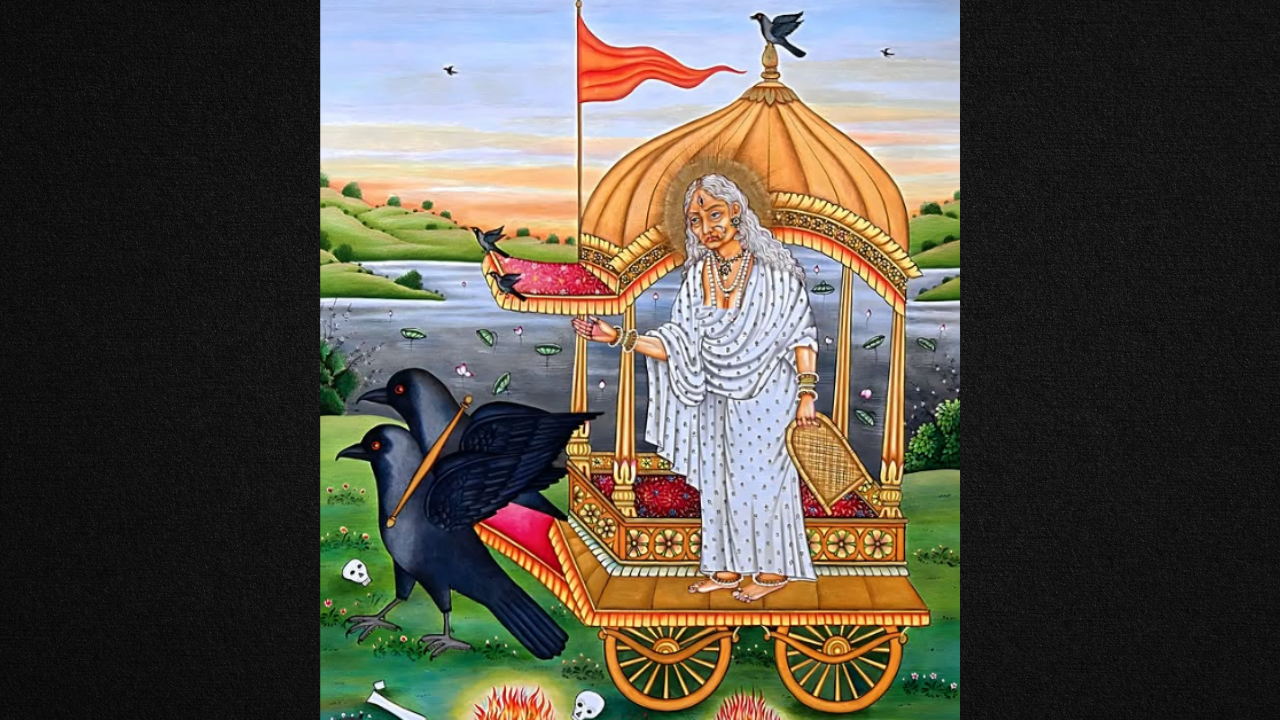







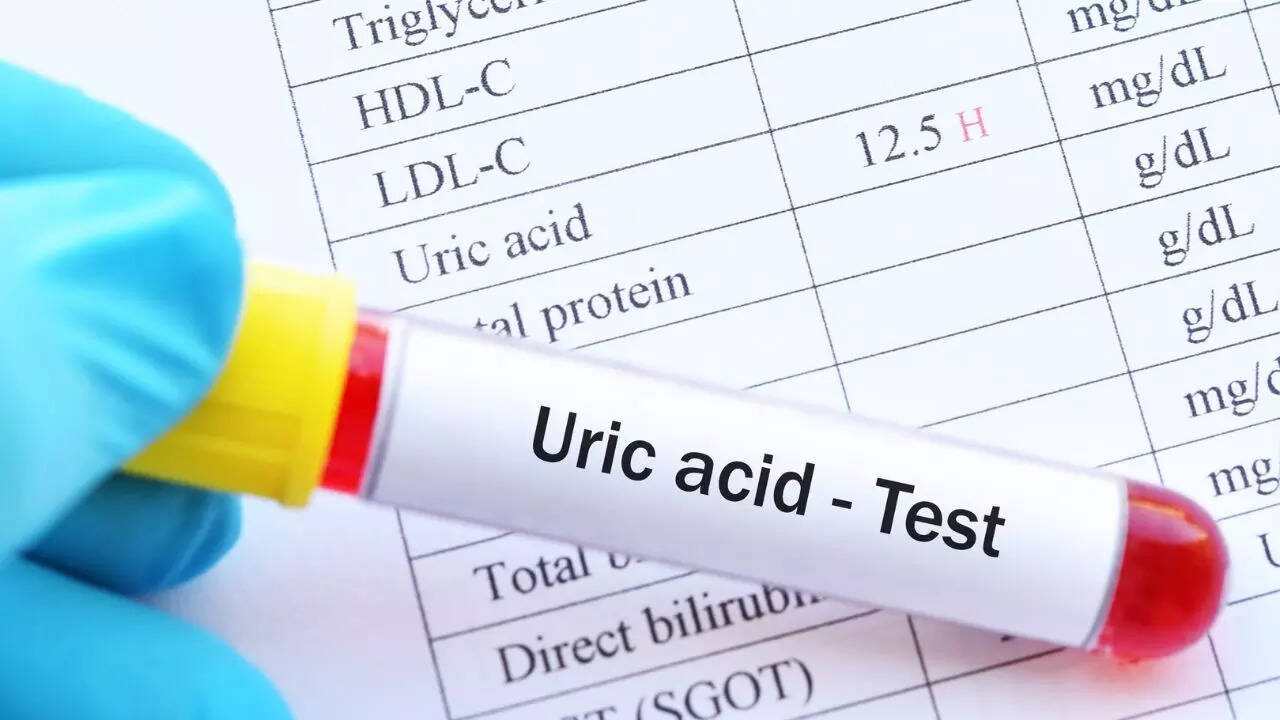















 English (US)
English (US)